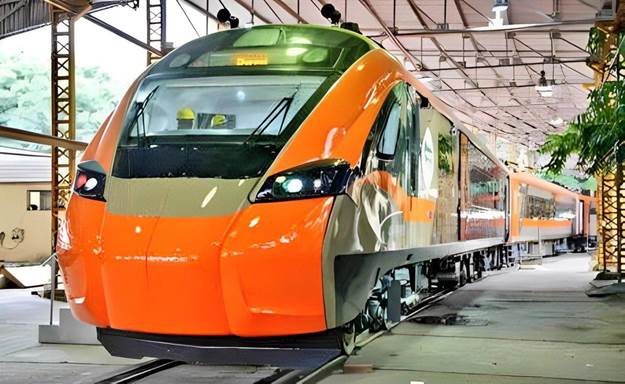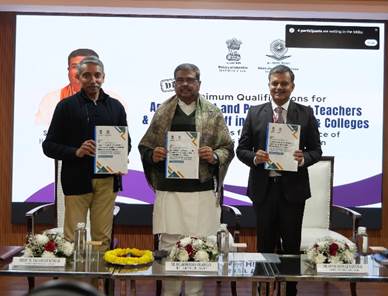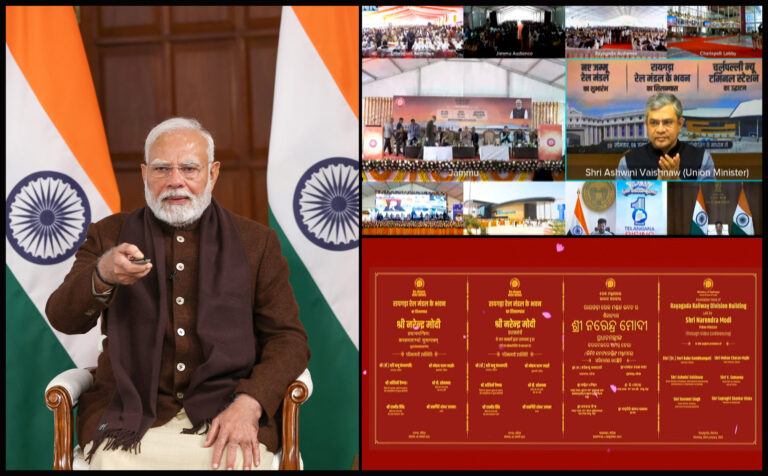
New Delhi: The trials of Vande Bharat sleeper trains will continue till January end before the long-distance travel is made available to rail commuters across the nation, the Ministry of Railways stated here today.
Once the trials are over, the train will be evaluated by the Railway Safety Commissioner at the maximum speed. Only after passing the final stage, Vande Bharat sleeper trains will be officially certified and handed over to Indian Railways for induction and regular service.
The Vande Bharat sleeper train achieved a peak speed of 180 km per hour in its multiple trials in the last three days, which concluded on January 2, 2025, in which the train in its loaded condition touched the peak speed.
On Thursday, January 2, 2024, during a 30 km long run between Kota and Laban in the Bundi district of Rajasthan, the Vande Bharat sleeper train reached a peak speed of 180 km/hour. A day earlier, i.e. on the first day of 2025, in a 40 km long trial run between Rohal Khurd to Kota, the train touched the peak of 180 km per hour. On the same day, peaks of 170 km/hour and 160km/hour were achieved on the Kota-Nagda and Rohal Khurd-Chau Mahla sections. These trials will continue for January under the supervision of the Research Designs and Standards Organisation (RDSO), Lucknow.
The Vande Bharat sleeper trains are designed with features like automatic doors, ultra-comfortable berths, onboard WiFi and an aircraft-like design.
Already 136 Vande Bharat trains with reclining seats are running across the country on medium and short distances. As of now, they connect major cities short and medium distance apart, like Delhi and Varanasi and offer a luxurious travel experience.
The real challenge for Railways was to add berths and test the trains for full passenger and luggage load conditions to convert them into Vande Bharat sleeper coaches while achieving the peak speed of 180 km/ hour.
With these successful trials, rail commuters can hope for world-class travel experience in long-distance travel like Kashmir to Kanyakumari, Delhi to Mumbai, Howrah to Chennai and many other routes. They will benefit as travel time will come down considerably. The current average speed of Mumbai-Delhi long-distance travel is 90 km/hour with a maximum permissible speed of 140 km/hour for Tejas Rajdhani Express, which is the fastest among all Rajdhani train services in India.
– global bihari bureau





